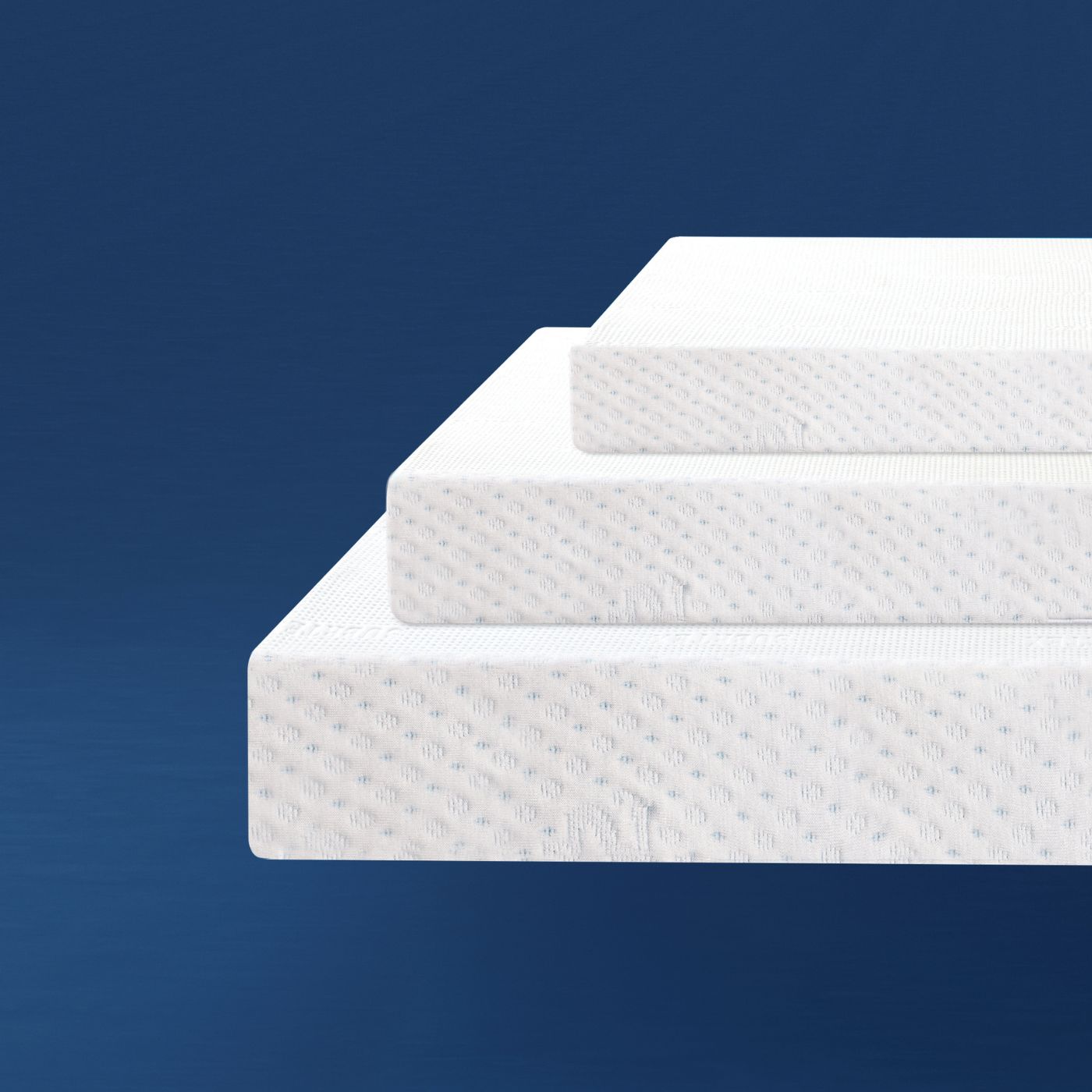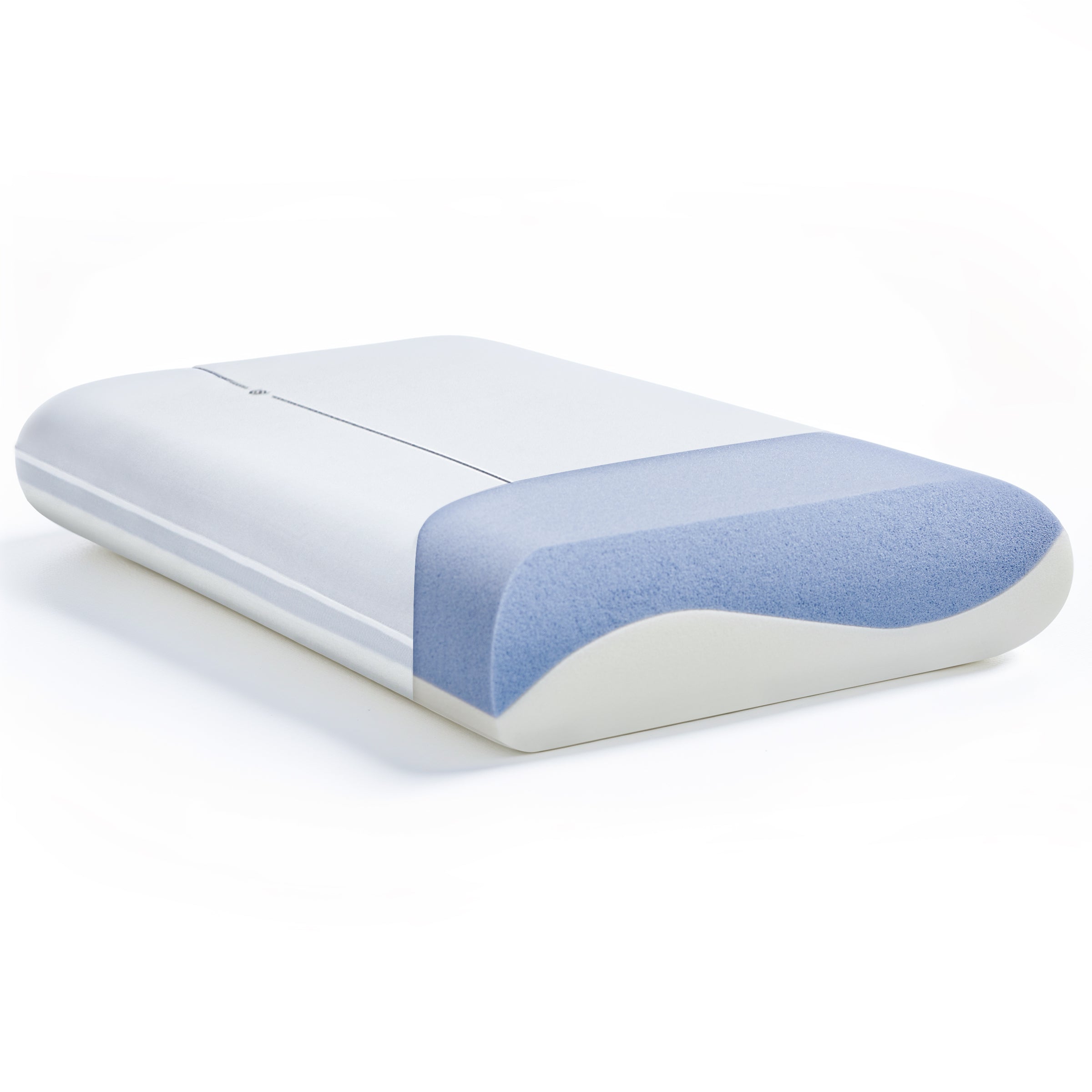Have you ever thought about how your sleeping position could be affecting your health and the quality of your rest? Whether you’re a stomach sleeper, a side sleeper, or prefer lying on your back, each position comes with its own set of benefits and challenges that can impact your well-being in surprising ways.
If you’ve found your way to this article, chances are you enjoy sleeping on your stomach. It might feel like the most comfortable option for you, but did you know that it can have specific effects on your body and sleep quality? While everyone tends to favor one position over another, the way you sleep could be more important than you think.
In this guide, we’re going to dive deep into what it means to sleep on your stomach. We’ll explore the pros and cons of this sleep position, what it could mean for your overall health, and some alternative positions you might want to consider if you decide to make a change. Let’s discover the best way to get your most restful night’s sleep!
Is Sleeping on Your Stomach Bad for You?
Among all the sleeping positions, resting on your stomach tends to have some of the most challenging side effects, especially when compared to sleeping on your side or back. While there are a few benefits, like reducing snoring, this position can also lead to issues such as neck and lower back pain. If you're aiming for consistent, quality sleep, you might want to consider switching to a different sleeping position to improve your overall well-being.
Can Sleeping on Your Stomach Cause Back or Neck Pain?
If you often wake up with a sore neck or aching back, your stomach-sleeping habit could be to blame. But why does this position cause discomfort?
The answer lies in spinal alignment. When you sleep on your stomach, your neck is usually turned to one side or the other unless you bury your face into the pillow. This twisting of the neck can cause it to fall out of alignment with the rest of your spine, leading to pain and stiffness in the morning.
Beyond the neck and back, this non-ideal posture can cause discomfort in other parts of your body, like your shoulders and arms, and might even lead to headaches if left uncorrected. Over time, consistently poor sleeping posture could contribute to sleep deprivation. If you start experiencing chronic pain or sleeplessness, it’s a good idea to consult your doctor for advice on how to improve your sleep habits.
Is It Safe for Pregnant Women to Sleep on Their Stomachs?
As pregnancy progresses, sleeping on the stomach becomes increasingly uncomfortable and less advisable. There are several reasons why this position isn't suitable for expectant mothers.
Aside from the obvious discomfort, doctors generally recommend against stomach sleeping during pregnancy. One major concern is that this position can interfere with blood flow to the uterus. When a pregnant woman sleeps on her stomach, the pressure on the vena cava—the main blood vessel that carries blood back to the heart—can cause dizziness, nausea, and difficulty breathing.
For pregnant women, side sleeping is considered much safer and more beneficial than sleeping on the back or stomach. In particular, sleeping on the left side is often recommended. This position helps reduce pressure on the liver and promotes better circulation, making it easier for blood to flow from the legs back to the heart. This can lead to better sleep and improved comfort for both mother and baby.
Tips for Enhancing Comfort While Sleeping on Your Stomach
Even if stomach sleeping comes with some challenges, you don't need to give it up if it's your preferred position. Here are some tips to make sleeping on your stomach more comfortable and supportive.
Use a Thin Pillow
If you're set on sleeping on your stomach, a thin pillow is ideal. A lower-profile pillow helps keep your neck and spine in better alignment, reducing the risk of waking up with aches or stiffness.
We recommend the Shredded Memory Foam Pillow, which is designed to suit stomach, back, and side sleepers alike. A well-chosen pillow prevents your neck from tilting too far upward, minimizing strain on your neck and back. Plus, the antimicrobial features of this pillow help maintain a cleaner sleep environment, promoting overall better sleep quality.
Using a thick pillow, in contrast, can elevate your head too much, causing your neck to be out of alignment with your spine. This can lead to added pressure and discomfort in your neck and back.
Opt for a Firm Mattress Topper
A firm mattress topper is crucial for stomach sleepers. It adds an extra layer of support that helps keep your spine aligned and prevents your body from sinking too deeply into the mattress, which can lead to poor posture and discomfort.
Consider adding the Ultra Responsive Gel Mattress Topper to your bed. This topper provides the ideal firmness for those who sleep on their stomachs, helping to maintain proper spinal alignment without the excessive softness that can cause certain parts of your body, like the hips, to sink in too deeply. One happy customer called it “firm yet comfortable,” which indicates it supports your body without feeling too hard. This added support can prevent your spine from twisting and help you achieve a more restful sleep.
By selecting the right pillow and mattress topper, you can continue to enjoy stomach sleeping comfortably and healthily.
What About Other Sleeping Positions?
If you're experiencing discomfort from sleeping on your stomach, you might want to consider changing to a different position. Sleeping on your side or back could provide various health benefits and improve your overall sleep quality.
Here’s a quick look at the advantages each of these positions can offer:
Sleeping on Your Back
Sleeping on your back comes with several benefits. This position is known to alleviate many issues associated with stomach sleeping, making it a great alternative, especially for those dealing with chronic back pain. Lying on your back allows your spine to maintain a more natural alignment, which can help reduce back pain and promote a healthier posture during sleep.
However, there are some drawbacks. Sleeping on your back can increase the likelihood of snoring because the tongue tends to fall back into the throat, partially obstructing the airway. This can lead to snoring and potentially disrupt sleep quality. Individuals with sleep apnea may find back sleeping particularly challenging and should consult with their healthcare provider to explore the best sleeping position for their condition.
Sleeping on Your Side
Side sleeping is another effective way to reduce back pain and maintain spinal alignment. Unlike stomach sleeping, side sleeping doesn’t put as much strain on the neck and back, making it a more comfortable and supportive option for many people.
This position also helps to reduce snoring and is easier for stomach sleepers to transition to than back sleeping. Additionally, sleeping on your side can alleviate symptoms of acid reflux or heartburn, providing a more restful night's sleep. It's worth noting that side sleeping is the most popular sleeping position worldwide, with over half of people preferring it.
Switching to one of these positions may help you avoid some of the negative effects associated with sleeping on your stomach, leading to better sleep and improved overall health.
Key Considerations for Stomach Sleepers
While sleeping on your stomach can offer some specific benefits, such as reduced snoring, it also comes with several downsides, including potential neck and back pain.
If you haven't found relief from discomfort by adjusting your position, consider trying side or back sleeping for better support and alignment. But switching positions isn't your only choice.
You can also make changes to your sleep setup to improve comfort while sleeping on your stomach. Investing in a new mattress, adding a supportive mattress topper, or choosing a thinner pillow can make a significant difference in how you feel both during the night and when you wake up. These adjustments can help you continue to sleep on your stomach more comfortably and with less pain.



















Leave a comment
All comments are moderated before being published.
This site is protected by hCaptcha and the hCaptcha Privacy Policy and Terms of Service apply.